Is it worth paying for a bank account?
Banks are on the look out for new ways to part you from your money, says James McKeigue. And 'packaged accounts' are just the latest wheeze. But are they worth it?

Get the latest financial news, insights and expert analysis from our award-winning MoneyWeek team, to help you understand what really matters when it comes to your finances.
You are now subscribed
Your newsletter sign-up was successful
Want to add more newsletters?

Twice daily
MoneyWeek
Get the latest financial news, insights and expert analysis from our award-winning MoneyWeek team, to help you understand what really matters when it comes to your finances.

Four times a week
Look After My Bills
Sign up to our free money-saving newsletter, filled with the latest news and expert advice to help you find the best tips and deals for managing your bills. Start saving today!
The compensation bill that will hit the front-door mats of our banks for misselling payment protection insurance (PPI) is estimated to be around £10bn. So you might think they'd now be chastened and ready to concentrate on serving their customers. Pigs might also fly. Over the last few years our banks have focused on selling a new way to take your money packaged accounts'. Here's why you should be wary.
You may be one of theten million British customers who have already bought one of these products. The idea is that, instead of the standard, free' current account, you pay a fee for the privilege of giving a bank your money. Given that your bank can already make healthy profits by lending your money out at a higher interest rate, you might wonder what you are paying for. The banks offer all sorts of services on these accounts. Travel insurance, car insurance and investment advice are some of the perks on offer. In exchange, you'll pay up to £25 a month.
Should you? No. One problem is that, just like PPI, the accounts are being sold to people who may not benefit from them. "Many customers are unaware that they are not covered by the travel insurance sold as part of the accounts, due to age restrictions," says Tanya Powley in the Financial Times. The regulator, the FSA, is worried enough that, from 31 March next year, it will force banks and building societies to check that customers are eligible for the services that come with the packaged accounts.
MoneyWeek
Subscribe to MoneyWeek today and get your first six magazine issues absolutely FREE

Sign up to Money Morning
Don't miss the latest investment and personal finances news, market analysis, plus money-saving tips with our free twice-daily newsletter
Don't miss the latest investment and personal finances news, market analysis, plus money-saving tips with our free twice-daily newsletter
Moreover, existing customers will receive letters informing them if they are eligible for the services they have been paying for. This could spark "a scramble for compensation to rival the PPI mis-selling scandal", says Rosie Murray-West in The Daily Telegraph. No-win, no-fee lawyers have already scented blood and are busy looking for customers.
A better route than going through the chase for compensation is to avoid these accounts in the first place. That's not hard as often you can find good free alternatives with the same bank.
Take Lloyds TSB. Its paid-for Gold with Vantage account costs £12.95 a month. For that you'll receive worldwide travel cover, mobile phone insurance and AA roadside assistance. Fine if that's what you need. But many people would be better off with a Lloyd's free Classic with Vantage account. It offers the same interest rate 1.49% and commission-free travel money. Plus, the £155 you'll save can be spent on shopping around for the tailored insurance cover you need and leave you with spare change.
Get the latest financial news, insights and expert analysis from our award-winning MoneyWeek team, to help you understand what really matters when it comes to your finances.
James graduated from Keele University with a BA (Hons) in English literature and history, and has a certificate in journalism from the NCTJ.
James has worked as a freelance journalist in various Latin American countries. He also had a spell at ITV, as well as writing for Television Business International and covering the European equity markets for the Forbes.com London bureau.
James has travelled extensively in emerging markets, reporting for international energy magazines such as Oil and Gas Investor, and institutional publications such as the Commonwealth Business Environment Report.
He founded LatAm INVESTOR, the UK's only Latin American-focused investment magazine.
He is currently the Business Editor at Compass Media.
-
 Should you buy an active ETF?
Should you buy an active ETF?ETFs are often mischaracterised as passive products, but they can be a convenient way to add active management to your portfolio
-
 Power up your pension before 5 April – easy ways to save before the tax year end
Power up your pension before 5 April – easy ways to save before the tax year endWith the end of the tax year looming, pension savers currently have a window to review and maximise what’s going into their retirement funds – we look at how
-
 Thousands of Brits switch to Nationwide, Monzo and NatWest – which banks are least popular?
Thousands of Brits switch to Nationwide, Monzo and NatWest – which banks are least popular?We look at the most and least popular banks and building societies as current account bank switches reach a record high. Is it worth moving your money?
-
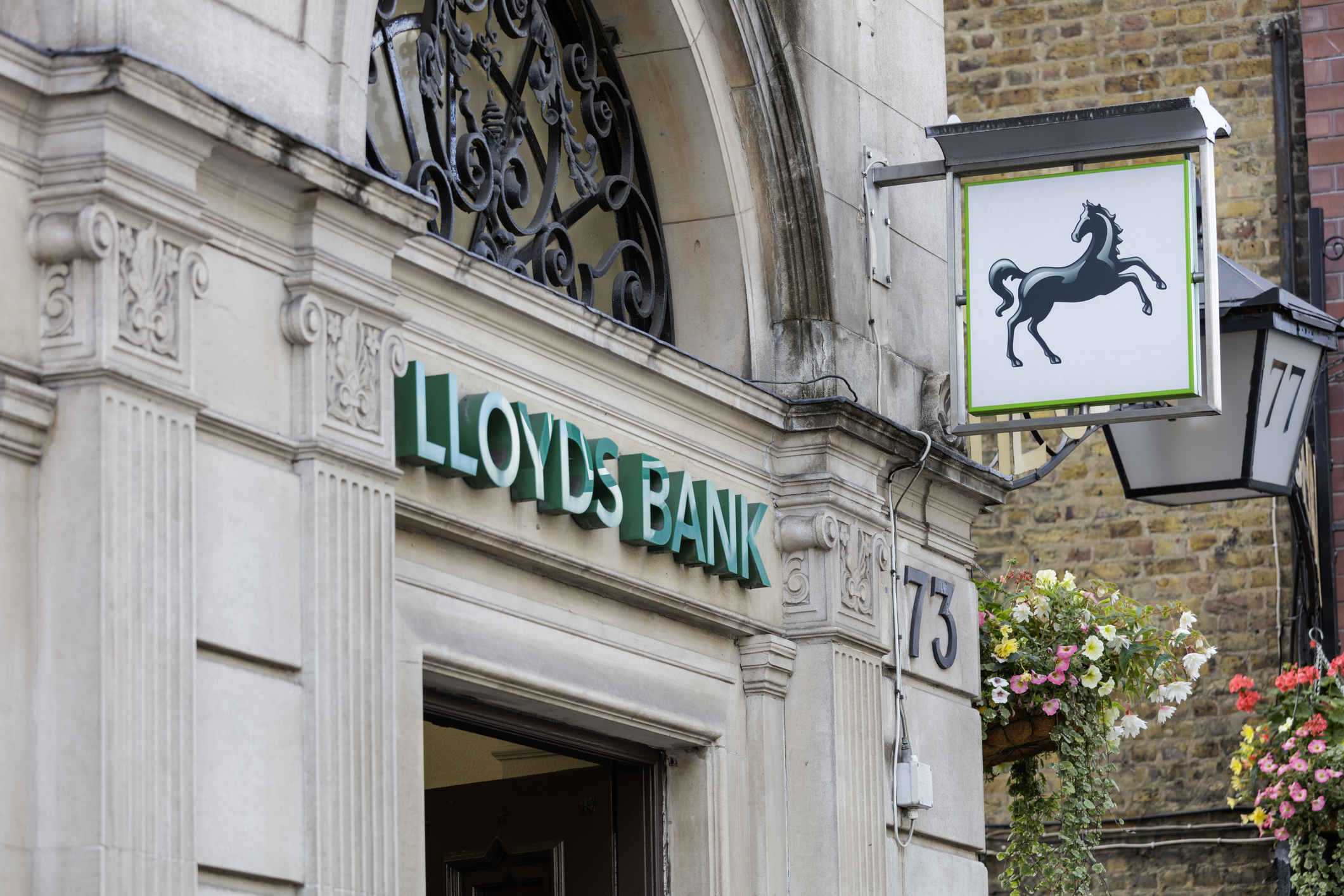 Lloyds Bank returns with £175 bank switch bonus – is it worth moving banks?
Lloyds Bank returns with £175 bank switch bonus – is it worth moving banks?Lloyds Bank is offering customers £175 to move to one of its Club accounts. We look at whether it’s worth taking advantage of the bank switching bonus
-
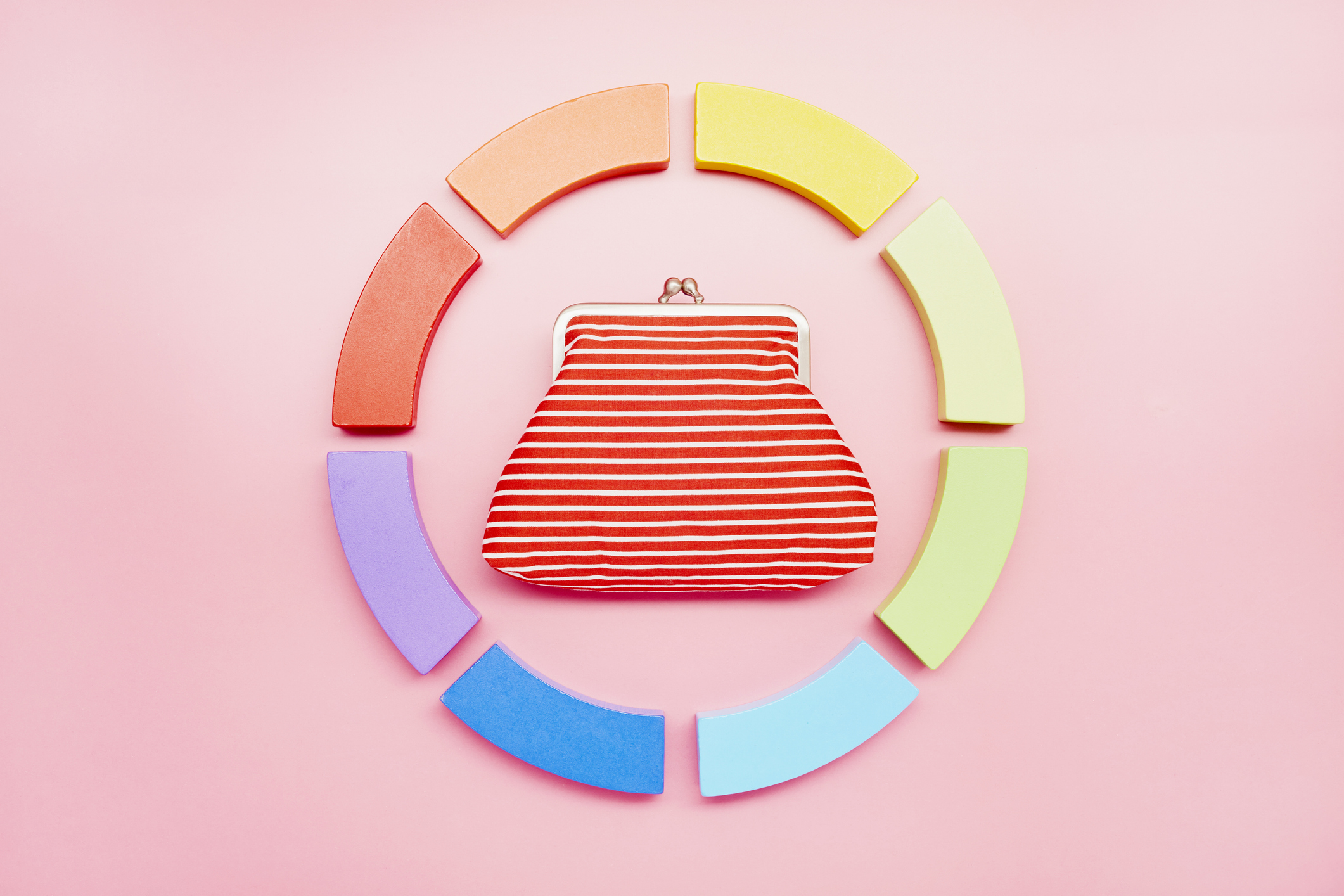 Best and worst UK banks revealed
Best and worst UK banks revealedWe reveal the best UK banks – and the worst – when it comes to managing your money and good customer service. How does your provider compare?
-
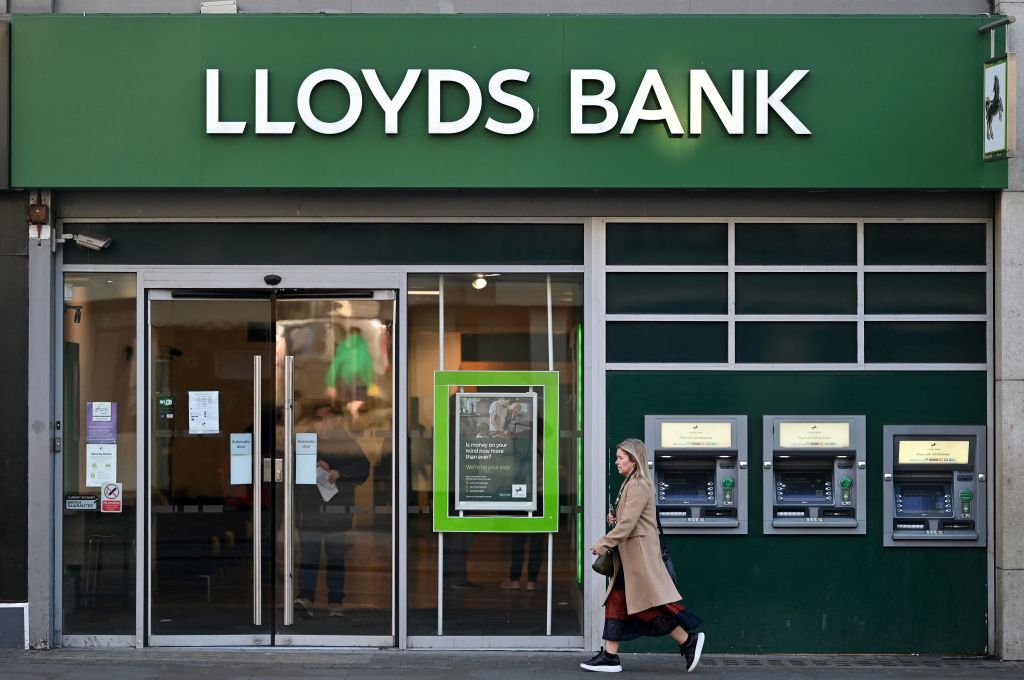 Lloyds Bank unveils new pension service – is it any good?
Lloyds Bank unveils new pension service – is it any good?Lloyds is the first high-street bank to launch a ready-made pension service. How does it work, is it any good and who can save in it?
-
 iPhone users can now check bank balance from Apple Wallet
iPhone users can now check bank balance from Apple WalletNew tool aims to make it easier for smartphone users to track bank balance and spending
-
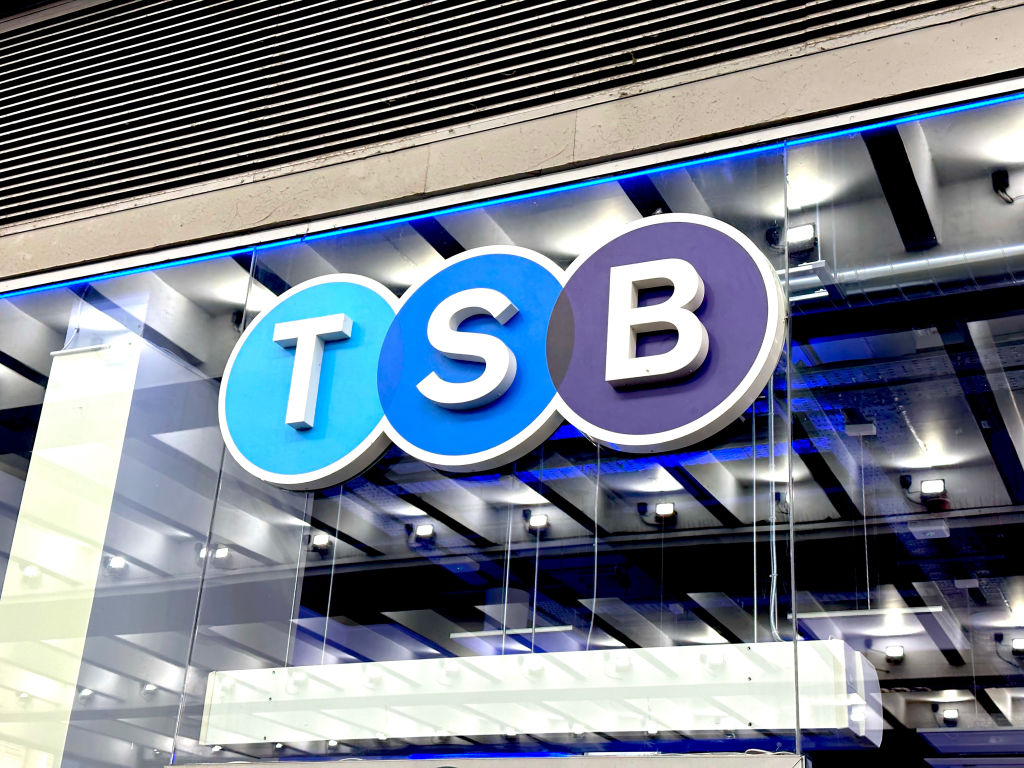 TSB pulls £150 switching deal - what are the alternatives?
TSB pulls £150 switching deal - what are the alternatives?TSB has pulled its £150 switching offer, and while there are still other deals on the market, offering up to £200, you will need to act quickly to bag the free cash
-
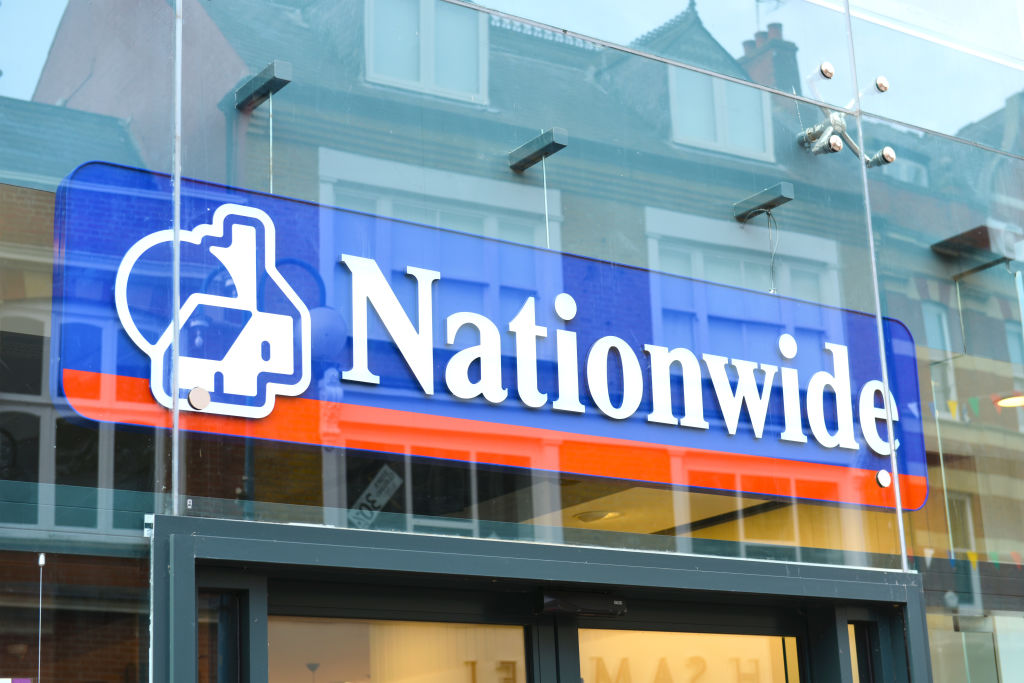 Nationwide launches £200 switching bonus - plus a linked 8% regular saver account
Nationwide launches £200 switching bonus - plus a linked 8% regular saver accountEarn £377 in one year with Nationwide’s new switching bonus and linked 8% savings account
-
 Watchdog summons banks to explain paltry savings rates
Watchdog summons banks to explain paltry savings ratesSavings rates trail mortgage rates - and the financial watchdog has summoned banks to a meeting amid concerns of profiteering.
